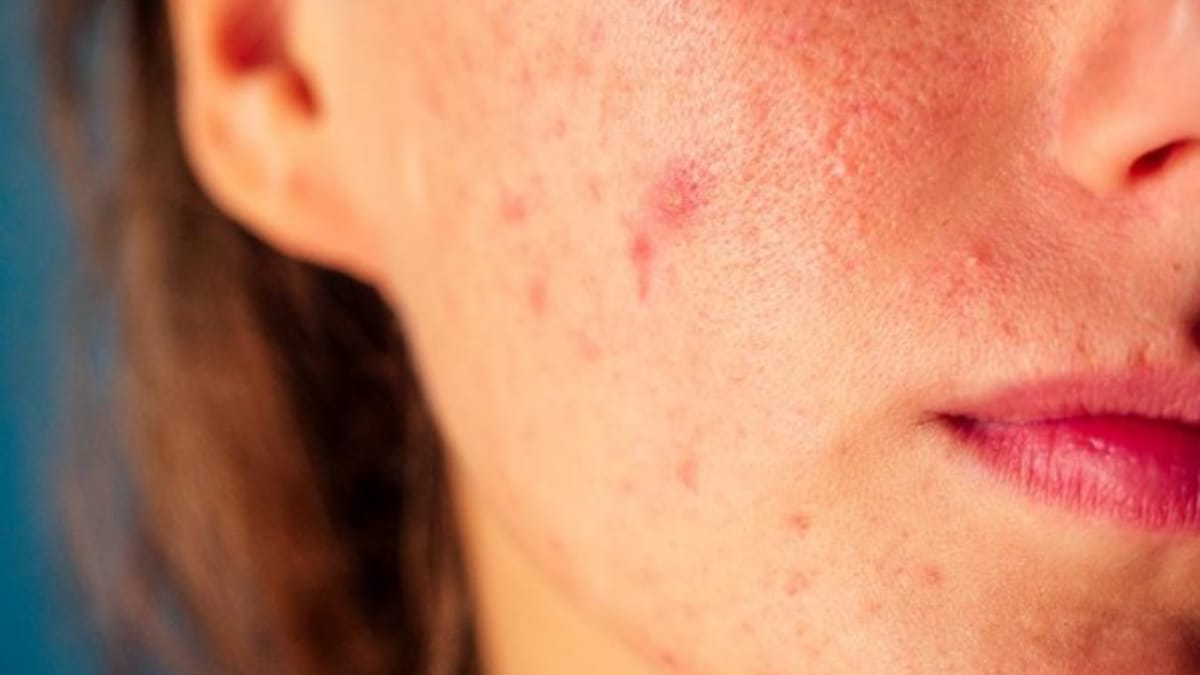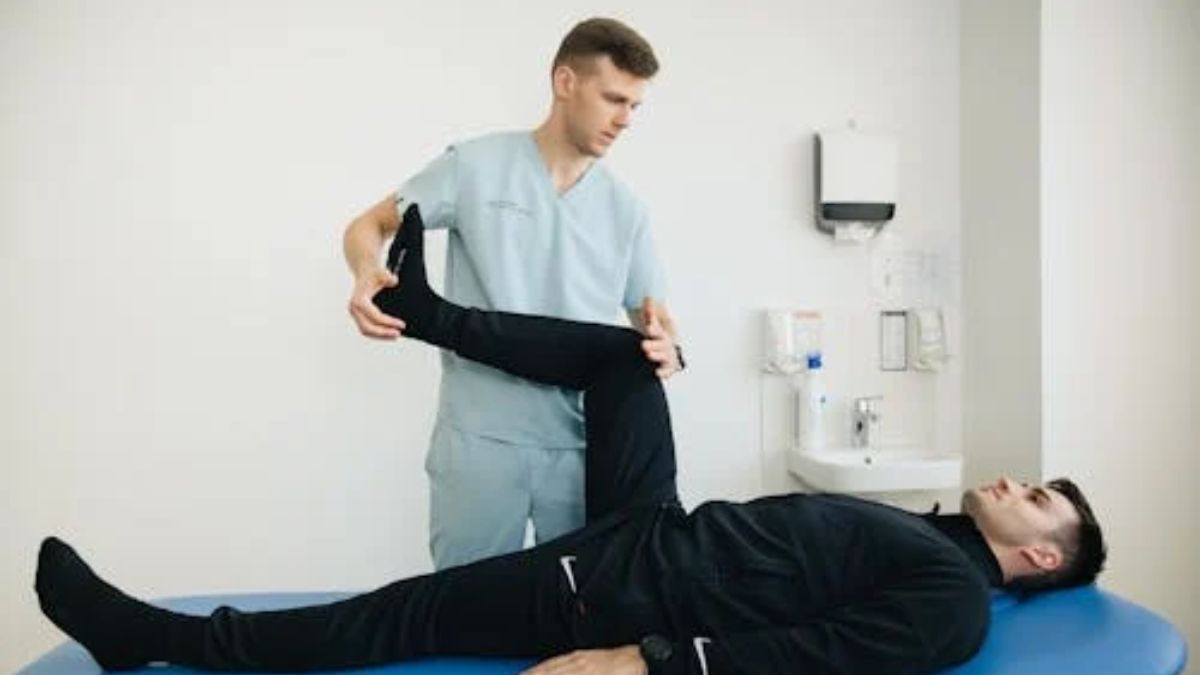Last Updated:
Teen acne usually improves over time, but adult acne tends to last longer, is more inflammatory, and often results in pigmentation and scarring that are more difficult to treat.

Hormonal imbalances and lifestyle stressors trigger adult acne.
For years, acne was seen as an inevitable rite of passage for teenagers, a condition that cleared up once hormones settled. But today, more adults – especially women in their 30s and 40s – are facing persistent or late-onset breakouts. Dermatologists say acne has shifted from being a temporary phase to a chronic condition that does not respect age.
Why Adults Are Breaking Out
Recommended Stories
“We are getting more patients in their 30s and 40s struggling with acne these days. Teen acne often subsides at one point, but adult acne may last longer, is more inflammatory, and often leads to pigmentation and scarring that is harder to tackle,” says Dr. Sudheendra Udbalker, Senior Consultant- Dermatology, Fortis Hospital, Bannerghatta Road.
Dr. Pankaj Chaturvedi, Consultant Dermatologist, MedLinks, highlights the multiple triggers. “Hormonal imbalances linked to menstrual cycles, PCOS, pregnancy, and perimenopause remain a central trigger. Modern lifestyle stressors, such as irregular sleep, processed diets, and high-stress work environments, also amplify the problem. Even skincare habits themselves, like using the wrong products or over-cleansing, can worsen the condition by disrupting the skin’s natural barrier.”
Adding to this, Dr. Rashmi S, Consultant- Dermatology, Fortis Hospital, Bannerghatta Road, notes: “Stress, hormonal changes, particularly those involving androgens, and certain medications such as steroids play a significant role. Lifestyle habits like irregular eating patterns, frequent oily or processed foods, obesity, and lack of physical activity contribute to inflammation and excess oil production.”
The Emotional Impact
For adults, the psychological toll of acne is often greater than it was in their teenage years. Visible breakouts during professional and personal milestones can heighten self-consciousness and impact confidence. “Adult acne often carries a heavier psychological burden than adolescent acne. Because society still frames acne as a ‘teen issue,’ adults often delay seeking help, which increases the risk of long-term pigmentation and scarring, explains Dr. Chaturvedi.
Treatments That Go Beyond Creams
The good news: adult acne can be effectively managed with the right approach. “Managing adult acne effectively requires more than just topical solutions. A personalised treatment plan that includes appropriate skincare, lifestyle adjustments, and professional dermatological guidance is essential for long-term improvement and to prevent complications,” says Dr. Rashmi.
Dermatologists now combine medical treatments such as topical retinoids, oral medications, hormonal therapy, and chemical peels with lifestyle interventions. “With timely intervention from a dermatologist, a tailored treatment plan, and an ensuing skincare routine can certainly help manage and reduce adult acne involvement. Clearer skin is possible and can do wonders for restoring confidence,” emphasises Dr. Udbalker.
Prevention as a Lifestyle Choice
Experts agree that prevention is as important as treatment. Regular sleep, stress control, hydration, and diets low in refined sugars and processed foods can support skin health.
Healthy skin reflects overall health and balance. Recognising acne as a condition that can appear or persist at any age ensures adults get timely, effective care and the confidence that comes with clearer skin.
Delhi, India, India
September 11, 2025, 15:59 IST
Loading comments…
Go to Source
Author: News18



)
